Review of Jindabyne
Introduction
An Australian-financed independent, `Jindabyne` is based on the short story `So Much Water So Close to Home` by American author Raymond Carver and reunites the stars of 2004`s `P.S.`, Gabriel Byrne and Laura Linney, as ex-pats (Irish and American, natch) living in the small New South Wales town of Jindabyne. Stewart Kane (Byrne) and his friends come across the body of a brutally murdered tribal girl whilst spending the weekend in a remote fishing spot. Despite being shaken and disturbed, they decide to wait until they get home to report the gruesome find. This misjudgement leads to a small-scale media frenzy and feelings of hate, resentment and misunderstanding, not just among the tribal population and the town at large but from their family and friends too, not least of which it puts added tension on the already frayed relationship between Stewart and his wife, Claire (Linney).
If the tale sounds familiar, perhaps it`s because Robert Altman`s `Short Cuts` was based on the works of Raymond Carver, and the 1993 `multiple-principles` film featured the Kanes` story, played out by Fred Ward and Anne Archer.
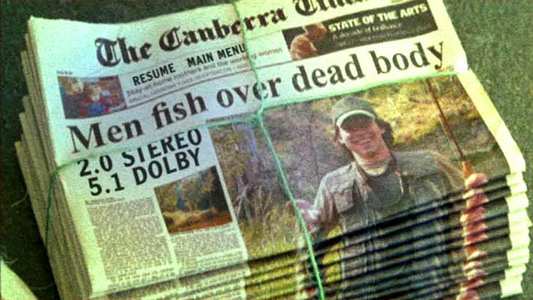
Video
A decent transfer that`s mostly consistent with expectations from a 2006 print. Anamorphic 2.35:1, it has that indie look of being vaguely washed out, and in some of the darker, low contrast scenes, the noise and grain on show is reminiscent of a TV show filmed on 16mm. David Williamson`s natural light cinematography has come in for much praise, and it is indeed striking, if overexploited at times by director Ray Lawrence.
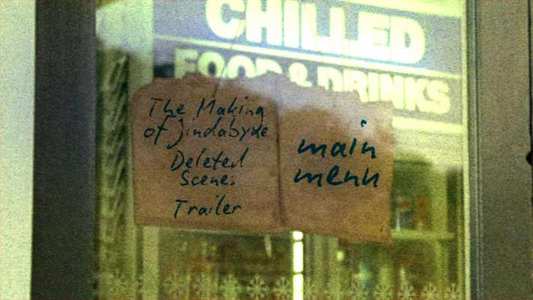
Audio
Dolby Digital 5.1 and 2.0 options, the dialogue-heavy movie is bereft of spot effects that grease past your ears; it`s centre-centric so there`s all but no use of the directional soundstage. The stereo option is as valid a choice as the 5.1 in this instance. Both tracks are clear, but the surround track will naturally bring with it a fullness for those with a Dolby Digital-compatible sound set up.
No subtitles; tantamount to laziness or a rush for the reddies. Equally unacceptable on all but the lowest of low budget labels.
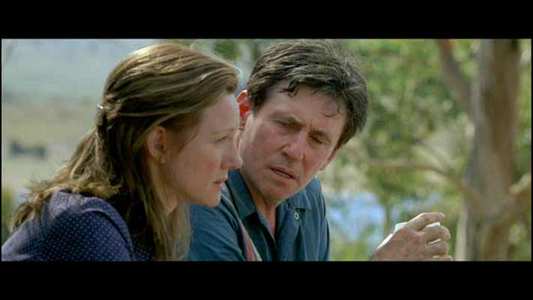
Features
A 30-minute `making of` which includes short sessions with the director and the cast; an interesting enough examination of the film-making process that went into `Jindabyne`. There`s also a short reel of deleted scenes, one of which would have greatly benefited the feature by its inclusion. However, they are mostly out-of-context, cutting room floor stuff. Deleted scenes have never been a particularly great DVD extra (outside of the odd occasions where branching is supported) and so they lend little weight to the overall package. There`s also a trailer.
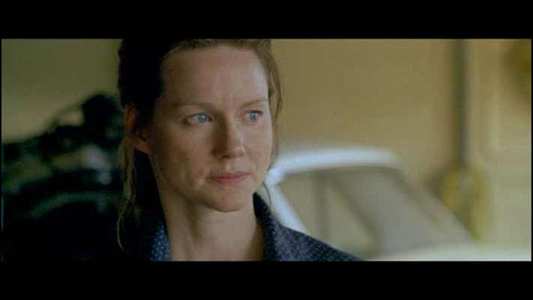
Conclusion
Much like - in fact exactly like - his previous effort `Lantana`, Ray Lawrence`s `Jindabyne` is a film that is party watched and partly suffered. The reunion of Gabriel Byrne and Laura Linney is the highlight of the large ensemble cast, with their emotional scenes together bearing the force of a swinging sledgehammer, but it`s such a sluggish and remarkably uneventful film cursed with cold, frigid and unengaging characters and a lethargic gait that - in the way only films afflicted with pacing or character issues can - fails to grab you, leaving you disconnected from the story that unfolds during an almost deadening two hours. Too often Lawrence falls back on scene-setting panoramas or finds himself mired in overlong scenes stripped of energy, with little merit to be so long. You can`t help but wonder if, as usual, the task of converting a succinct novella (in this case a short) into a feature film with a strong tempo is simply too arduous a task to ask of any director without losing the cohesion of the plot. `Jindabyne` then, is a victim of its own genesis.
The ponderous, somewhat overmeticulous, examination of relationships leads to an introspective look at a broad range of characters, but typically, there`s an element of `tagging on` for length. The 7-year old girl, friends with the Kanes` son, has an interesting obsession with death that acts as a disassociated subplot, but fails to come to any sort of conclusive peak. In the same vein, the exploration of ethnic tensions between the tribesfolk and the white population is given the lead-in screen-time of a single brick-throwing scene before acting as a decisive denouement to the piece. And then there`s the girl`s killer. Despite making it clear this is not a film about the killing - instead the effects of the act on a wider, but focused scale - he keeps cropping up in scenes with little or no relevance, stitched in lazily. There are thematic arguments for his appearance at the films closing, but his constant appearances grate, as if Lawrence couldn`t wholly give up the serial killer angle. Interestingly, the film almost makes you believe it`s about to twist itself into cinema`s equivalent of a chimera by gaffer taping on a Hollywood-style exciting (read: predictable) final act to a body of methodical drama, but it`s no more than a brisk illusion. For that we give thanks; no-one is that tacky. But for a minute of two, there were flashbacks of `Haute Tension`.
For all its faults, the story at its heart is undeniably interesting; credit to Mr Carver. While the consideration of cultural co-existence issues in modern Oz may fail to properly materialise for most of the film`s length, Lawrence almost succeeds in his account of blame-thy-neighbour society in the face of crime without a criminal, particularly relevant and topical at the time of writing. He fails to capture the ostracising nature of the microcosm by having such a tight focus on the central group of figures involved in `the discovery` and not enough time paid to everyone else, but then if you`re going to spend so much of a two-hour film either taking in lush Australian backdrops or capturing the tedious nature of normality, you`re going to fail at a lot of things. Despite nary a good word to be said about `Jindabyne` it`s not, I repeat not, a bad film. But unless you really want to pick apart the underlying themes or simply must experience those powerhouse scenes between Byrne and Linney, you`re better off spending two hours watching a good one.
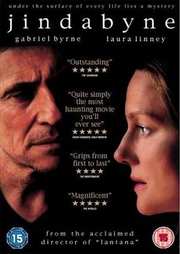




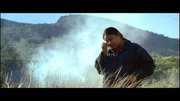
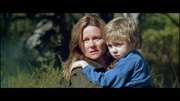
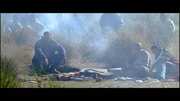
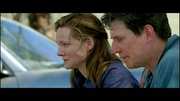
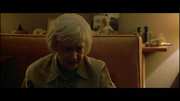

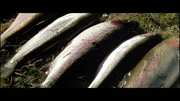
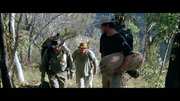
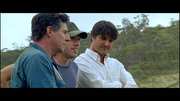
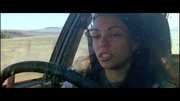
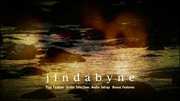
































Your Opinions and Comments
Be the first to post a comment!